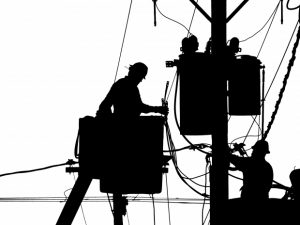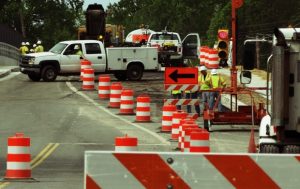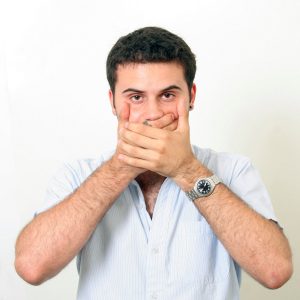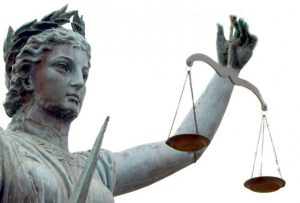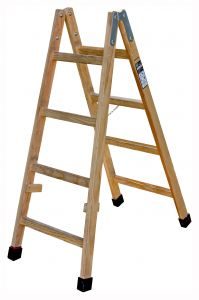It’s almost become second nature when something major happens to us: Update social media. However, if you are injured in a Florida car accident, our Fort Lauderdale injury attorneys urge caution,. The reality is you could inadvertently harm your claim for damages. 
We’re all familiar with those “gotcha” news clips of a person who claimed they were seriously hurt and video evidence showed it clearly wasn’t as bad as they’d alleged. We’re not even talking about those cases. The insurance company and other defendants, they will want to damage your credibility any way they can. Defendants in personal injury lawsuits can request the court grant access to review your page – your posts, your likes, your photographs, your videos and even private messages. (Some courts have held that privacy settings matter when it comes to these requests. For example, a federal appellate court ruled in Crispin v. Audigier Inc. that when a user’s settings are “private,” their posts there are to be treated as private and not-discoverable, based on a 1986 electronics communication law. Yet the Supreme Court of New York, Suffolk County, ruled just the opposite in Romano v. Steelcase, finding the court could compel plaintiff to consent to turning over all current and deleted contents from her social media accounts, absent any consideration for her privacy settings, so long as the information contained therein was “material and necessary.”
What you need to bear in mind is that everything has the potential to be used against you. This is true even among injury plaintiffs that are truthful about how the accident happened and the extent of the injuries they suffered. Sometimes, it’s as seemingly innocuous as emojis or “likes.” Continue reading
 Broward Injury Lawyer Blog
Broward Injury Lawyer Blog



